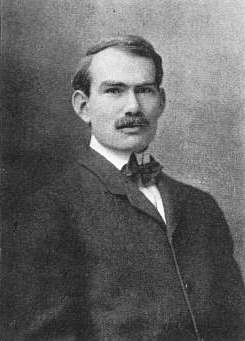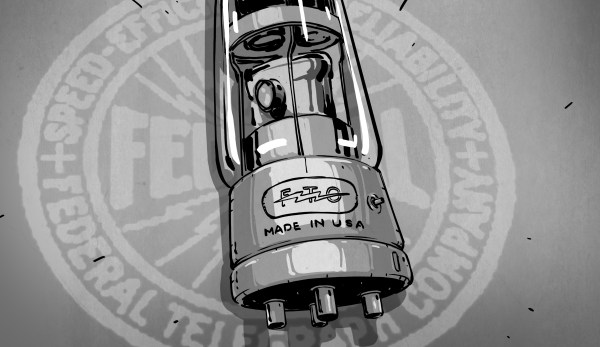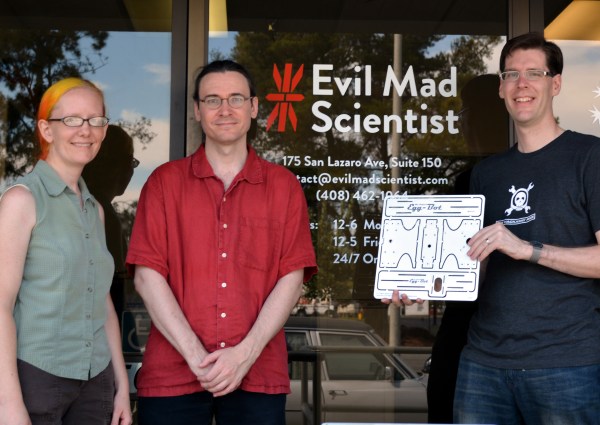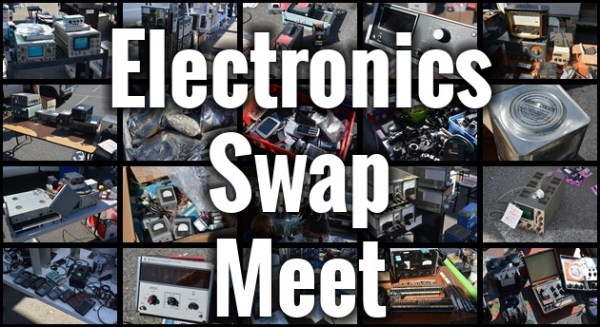We appear to be edging ever closer to a solid statement of “We are not alone” in the universe with this week’s announcement of the detection of biosignatures in the atmosphere of exoplanet K2-18b. The planet, which is 124 light-years away, has been the focus of much attention since it was discovered in 2015 using the Kepler space telescope because it lies in the habitable zone around its red-dwarf star. Initial observations with Hubble indicated the presence of water vapor, and follow-up investigations using the James Webb Space Telescope detected all sorts of goodies in the atmosphere, including carbon dioxide and methane. But more recently, JWST saw signs of dimethyl sulfide (DMS) and dimethyl disulfide (DMDS), organic molecules which, on Earth, are strongly associated with biological processes in marine bacteria and phytoplankton.
silicon valley6 Articles
Working On A Startup? New Fund Is Building Portfolio From Hard Technology
Root Ventures just announced it has raised a second fund and is in search of startups to invest the $76,726,900 they now have burning a hole on their balance sheet. Their first fund of $31,415,926.53 went to some very cool hardware companies like Shaper, Particle, Plethora, and Prynt. For those keeping score, the first fund is Pi and the second is the speed of sound — it’s a geeky engineer thing.
This is a seed fund, and founding partner Avidan Ross described their role in your company as being the world’s “greatest sherpa to take you on a really tumultuous path”. That path is one of building a product around which a great company can arise. Repeatedly during the conference call with Hackaday, Avidan stressed that what makes Root Ventures stand out is that the partners in the firm are themselves engineers and have hardware backgrounds. For instance, Avidan spoke at the 2016 Hackaday Superconference about his 45-second pizza oven and other food/automation hacks. Partner Chrissy Meyer was an engineering manager at Apple and led hardware programs at Square, before founding a vehicle technology startup. Their point is that if you’re going to entrust part of your company to someone, it’s nice if they have the background to understand it.
Whether or not you have a startup in the works, it’s interesting to know what the keepers of the cash are looking for. Avidan described this as a engineering-heavy seed fund, but stopped short of calling it a hardware seed fund, using the more coy term “hard-tech fund” although more than half of the portfolio companies already on board are building new, original hardware. It’s impossible to nail down exactly what the fund is seeking — they’ll know it when they see it — but we had a nice conversation of some of the future trends he has in mind.
While economies of scale in the smartphone industry delivered low cost sensors such as accelerometers, GPS, and cameras, along with connectivity, the next wave may be from the self-driving industry. Avidan foresees rising availability of ASICs, specialized GPUs, and the sensing hardware currently under heavy R&D in the automotive industry. His take is that not only will this be a hardware boon for startups, but the machine learning aspects of it will produce both talent and opportunity for new companies.
Pull together those proofs of concept and get your presentation decks ready. That $76 million is just waiting for a great idea to come along. If you make it big, Hackaday still wants an early look at your awesome new hardware!
Silicon Valley Was Built On Tubes Of Glass

Bill Shockley brought the transistor to a pasture in Palo Alto, but he didn’t land there by chance. There was already a plot afoot which had nothing to do with silicon, and it had already been a happening place for some time by then.
Often overshadowed by Edison and Menlo Park or Western Electric and its Bell Labs, people forget that the practical beginning of modern radio and telecommunications began unsuspectingly in the Bay Area on the shoestring-budgeted work benches of Lee de Forest at Federal Telegraph.
As the first decade of the 20th century passed, Lee de Forest was already a controversial figure. He had founded a company in New York to develop his early vacuum tubes as detectors for radio, but he was not very good at business. Some of the officers of the company decided that progress was not being made fast enough and drained the company of assets while de Forest was away. This led to years of legal troubles and the arrest of many involved due to fraud and loss of investors’ money.
Continue reading “Silicon Valley Was Built On Tubes Of Glass”
Trek To Evil Mad Scientist Laboratories
I’ve been a huge fan of EMSL for quite some time now, and my recent field trip proved that it has earned the name Evil Mad Scientist Laboratories for a good reason. For instance, look at the reflection in the glass near the bottom and you’ll glimpse the hearse that [Lenore] and [Windell] have sitting in front of the shop. But stop at the threshold, inside there are delights that ate up a couple of hours without me even noticing. And they thought they were going to get work done that day.
Don’t judge me by my appearance. This is late afternoon on a summer Saturday in Sunnyvale. Why does that matter? Obviously summer Saturdays in Silicon Valley always start with the Electronics Swap Meet and Engineer’s breakfast! That was a ton of fun but if you’re doing it right it’s also a bit tiring. No worries, a shot of excitement came over me as soon as I walked in that front door.
Experience The “Farmer’s Market” Of Vintage Electronics
Normally when you think of a Farmer’s Market, fresh produce grown nearby comes to mind. This experience was similar in that much of the produce was conceived locally, but the goal is to be anything but fresh. I had the opportunity last weekend to attend the final Electronics Flea Market of 2014. I can’t speak for everyone, but there is an obvious affinity for vintage electronics equipment in just about any condition. The people you run into are as interesting as the equipment being swapped, and the social outing tends to continue even after the swap meet closes.
Continue reading “Experience The “Farmer’s Market” Of Vintage Electronics”
Report From ESC Silicon Valley 2010

Ah, the heady aroma of damp engineers! It’s raining in Silicon Valley, where the 2010 Embedded Systems Conference is getting off the ground at San Jose’s McEnery Convention Center.
ESC is primarily an industry event. In the past there’s been some lighter fare such as Parallax, Inc. representing the hobbyist market and giant robot giraffes walking the expo. With the economy now turned sour, the show floor lately is just a bit smaller and the focus more businesslike. Still, nestled between components intended to sell by the millions and oscilloscopes costing more than some cars, one can still find a few nifty technology products well within the budget of most Hack a Day readers, along with a few good classic hacks and tech demos…















